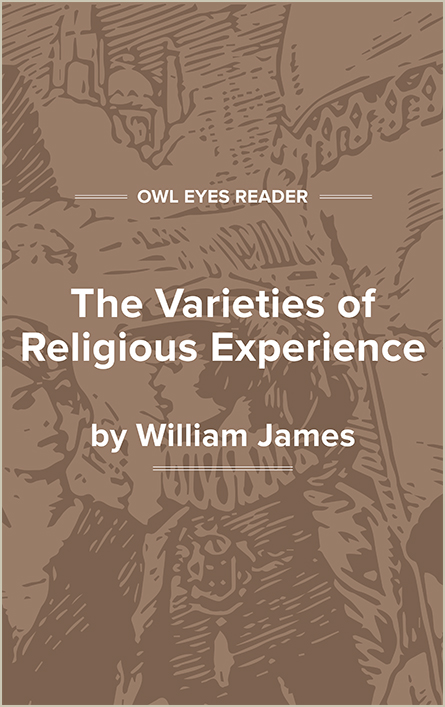Study Guide
William James Biography
Article abstract: Seeking to reconcile a deep commitment to scientific thought with the emotional nature of human beings and longing for some kind of religious faith, James helped create and popularize the modern science of psychology and the uniquely American approach to philosophy called pragmatism.
Early Life
William James was born on January 11, 1842, the eldest son of Henry and Mary (Walsh) James. His parents, who were of Scottish and Scotch-Irish ancestry, had four other children and provided one of the most remarkable home environments on record. There is little doubt that his childhood as part of this unusual family was instrumental in creating William James, the psychologist and philosopher, just as it helped mold his brother Henry, the equally famous American novelist.
Henry James, Sr., was a restless, perhaps even tortured, intellectual with a religious bent, able to pursue his own private quest for truth because of a small inheritance. His family naturally became part of his search, and conversation around the Jameses’ dining table was more like a philosophical seminar than typical family chatter. The children were encouraged to think and to question and even to defend their ideas under the watchful eyes of their parents. Education was considered too important to be left to chance. Henry, Sr., moved his family from the United States to Europe and back again several times, enrolling his children in numerous schools in an attempt to find the perfect atmosphere for learning. This varied and unsettled experience gave both William and his brother Henry an excellent command of languages and the basics of a liberal education without providing in-depth knowledge in any particular area. The gypsylike introduction to the academic world and family debates did provide, however, a healthy respect for diversity and a tolerance for other opinions, including sometimes very strange ones, that marked William James throughout his life.
As a youth, James was of slight to medium build with blue eyes and a less-than-robust constitution. Gradually, the determination to overcome his tendency toward physical and emotional illness became an important undercurrent in his celebrated attitude toward life. If by the force of will a sickly, neurotic youth could transform himself into a dynamic professor who seemed to his students perpetually engaged in productive thought, then others were also free to make such transformations. His mature outlook was open and optimistic, and his personality, dominated by humor and tolerance, made him almost impossible to dislike. His students nearly worshiped him, and his many friends and acquaintances in the intellectual community of the world, even when they disagreed violently with his ideas, loved the man himself.
Yet the surface of this congenial thinker hid a storm raging beneath.
Life as part of the James family had been challenging, but it had not produced happiness. As a young man, William continually struggled with bouts of emotional illness that at times necessitated an almost total retreat from the active world. At the center of the problem was the inability to reconcile his growing commitment to the rationalistic, scientific outlook of his age with the deep religious faith of his father. The elder James, who had rejected established religion as a young man, had been introduced to the ideas of Emanuel Swedenborg when William was two years old. Though Henry, Sr., was never able to become a strict follower of the Swedish theologian, he constructed his own system of belief that became a necessary spiritual consolation. His son could never accept his father’s simplistic faith, yet he always respected it and sometimes seemed to long for the certainty it provided. He later paid homage to his father’s ideas when he published some of the elder James’s letters in The Literary Remains of Henry James (1885).
The inability to please his father even haunted James’s choice of vocation. When William was eighteen,...
(The entire page is 2,744 words.)
Owl Eyes subscribers get unlimited access to our expert annotations, analyses, and study guides on your favorite texts. Master the classics for less than $5/month!

